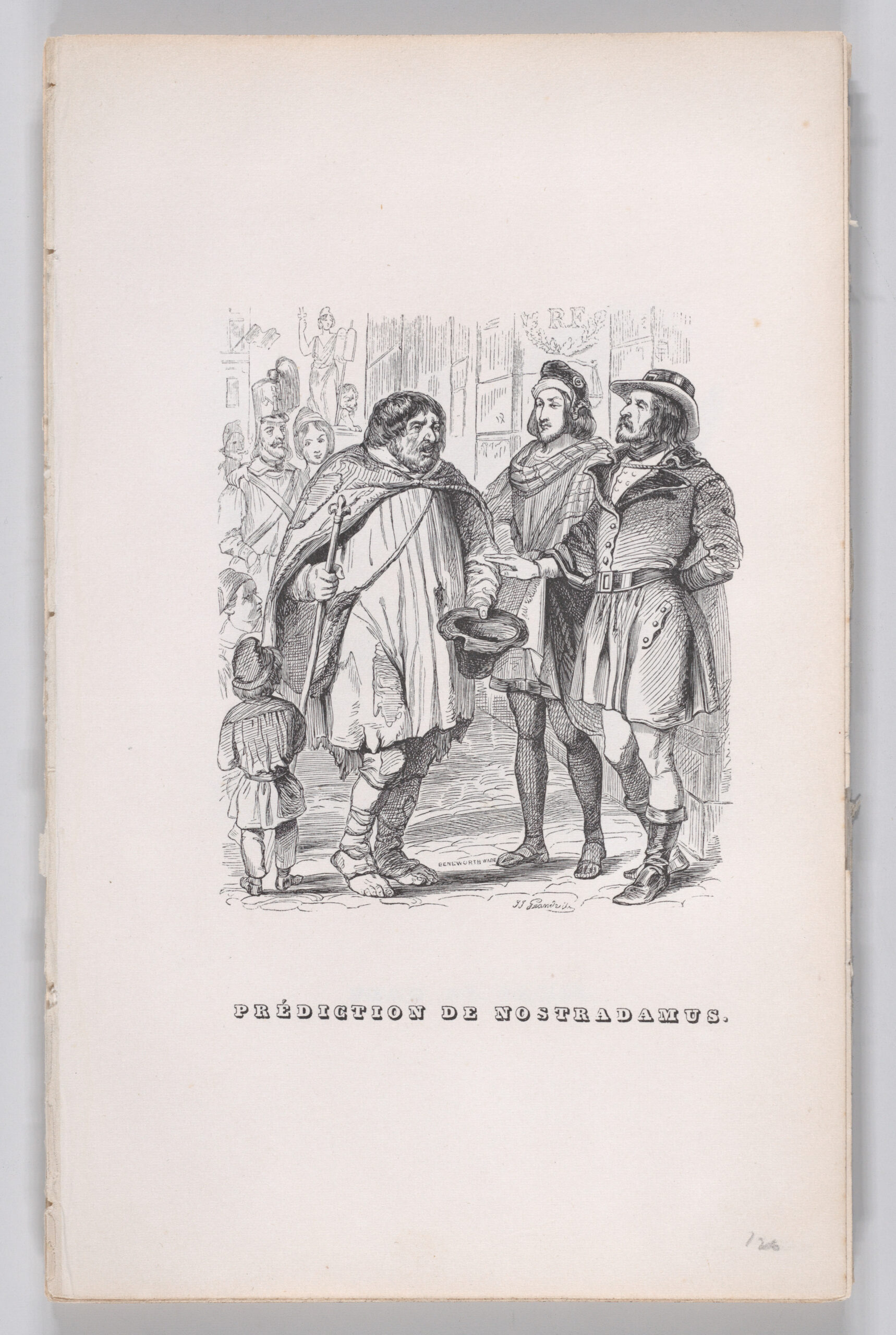August 15, 2023
“Barbie was everything we didn’t want to be . . . everything the feminist movement was trying to escape.” – Gloria Steinem on Barbie (the doll)
I’ve had a week or two to digest the two giant moviegoing experiences of the summer, and it occurs to me there is even more insight to be mined from them than I had previously thought.
I confined my previous blathering to the more “serious” film, “Oppenheimer.” I noted the seemingly extreme improbability, to someone sitting in 1945, that these new weapons of war would not be used again in the lifetimes of any of the people involved in their development or use.
It must have been very much like people in November 2001 forecasting the number of mass terror attacks that might be made on American soil over the next two decades. As one of the people sitting in those rooms in Washington, D.C., trying to imagine the universe of futures for terrorism against the United States, I can tell you that the idea that we would essentially face zero large-scale attacks over the following two decades was not deemed plausible. It was, in that respect, very much like our scenarios for “Y2K,” the computer Armageddon that was expected to accompany the stroke of midnight on 1/1/2000. In that event as well, we had no scenario in which what actually occurred – nothing – was rigorously imagined.
In both those cases, of course, the fact that we were extremely attuned to the ‘worst-case scenarios” might have contributed to the non-events we actually witnessed. Actions were taken to ensure that the truly bad outcomes were prevented. Nevertheless, the idea that we might be sitting here, almost eight decades on, with thousands of warheads pointed at us and others, and at least a half-dozen new members of the “nuclear club” possessing weapons that dwarf the Hiroshima and Nagasaki devices in magnitude and lethality, and no one would have used these weapons against any enemy, would have seemed highly improbable to Oppenheimer at the end of the Second World War, judging probabilities simply by what had happened in the recent past.
But there is an even more unlikely projection that might have been made a short time after that, in, say, 1970. And that is that Barbie, the staggeringly ubiquitous doll of the 1960s and beyond, would be seen as an avatar of “woke-ism” and progressive politics.
Almost ever since the introduction of the statuesque, inhumanly-proportioned doll, Barbie had been decried as holding women to an unreachable standard of desirability, and as a way of indoctrinating little girls everywhere into a cult of constant concern for their looks – and especially for how males regarded their looks.
But as the film “Barbie” points out, in a clever takeoff on the beginning of the film “2001: A Space Odyssey,” Barbie, the doll, could also be seen as liberating little girls from their only previous alternative form of doll, the baby. And that sort of doll was much more obviously intended to prepare little girls for one and only one role – motherhood.
Still, if I had been writing scenarios of the future of gender politics in America back in, say, February 1972, it would have been difficult to imagine any future movie glorifying Barbie to be anything like a “feminist” effort. When the National Organization for Women protested Barbie and similar dolls on the last day of that month, the New York Times reported, “The[ir] leaflets charged that ‘fashion’ dolls such as Barbie, Dawn and Chrissy perpetuated sexual stereotypes by encouraging little girls to see themselves solely as manniquins, sex objects or housekeepers.”
Fifty-one years, and at least two and a half “waves” of feminism later, however, it is the right that is protesting Barbie. One right-wing “influencer” went as far as to film himself burning a couple of Barbie dolls.
The point here is not to question Barbie’s (or “Barbie’s”) feminist bona fides. The point is that as we look ahead to the next fifty-one years – or, in the case of nuclear weapons, seventy-eight years – we should remember that both war and society may evolve in ways that are strictly unpredictable. When the most powerful weapon ever developed goes completely unused for eight decades, and a doll decried as destructive to little girls’ self-esteem and feminist dignity becomes a weapon against the patriarchy, it may be time to admit that the future is not something that any of us can extrapolate from the recent past.



